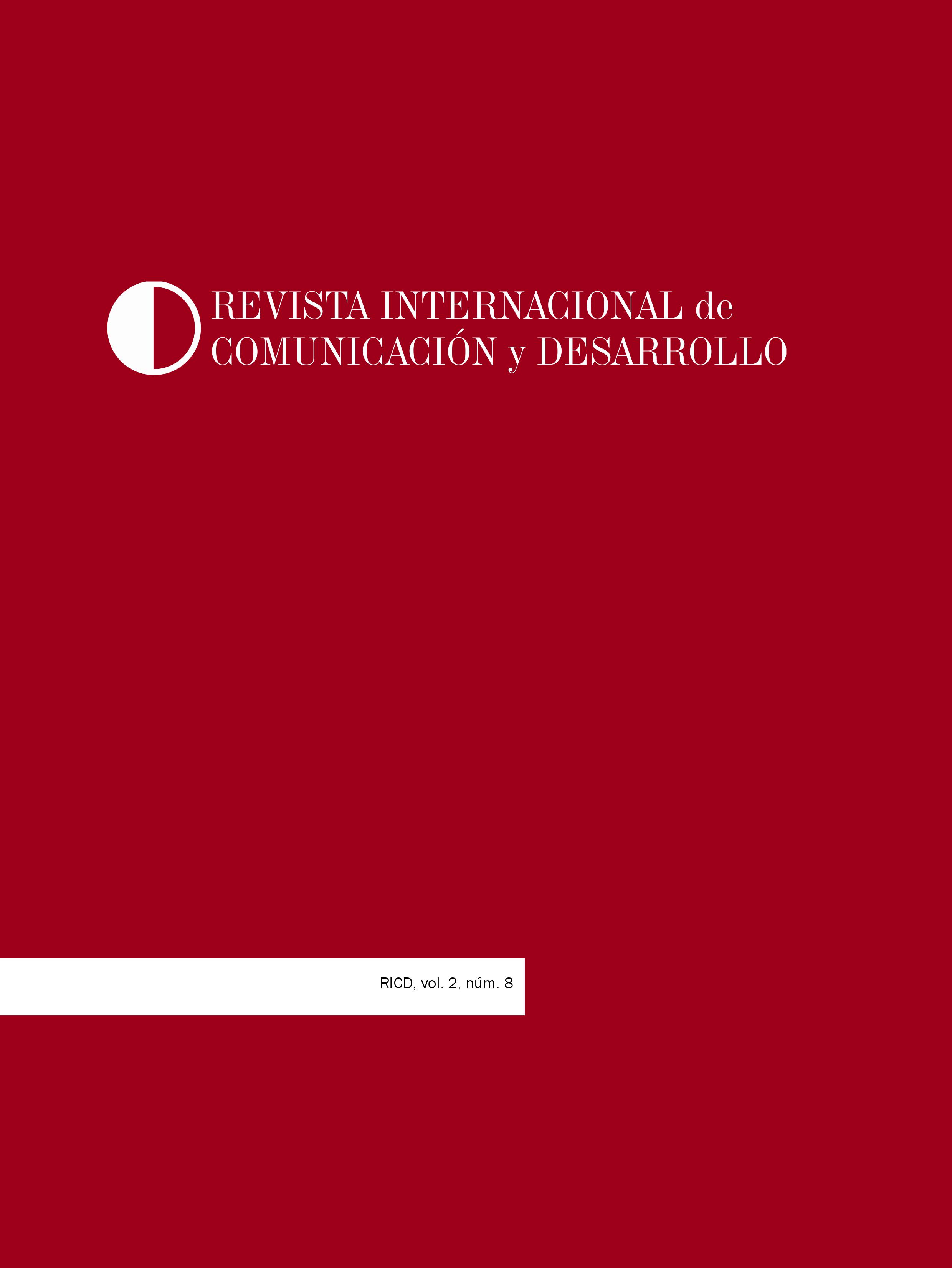Mediatization of politics in the new Latin American governments: from confrontation to reconciliation
Main Article Content
Abstract
One of the main lines of study in Political Communication in recent decades has been the mediatization of politics, referred to the process by which the media interfere in political life (Mazzoleni and Schulz, 1999). From this proposal, in this article we made an analysis of the relations between the media and the governments of Latin America, a relationship that is undergoing a change at the moment. If the last two decades were marked by the presence of media laws, implemented by progressive governments, today and after the return of conservative governments we witnessed an attempt to eliminate or disable those laws that regulated the market of the communication. This shows a change in the way traditional media relate to governments: if during the previous two decades there was a permanent nent confrontation between media and governments, we are now witnessing a reconciliation in which neither of the two actors harms the other. All this occurs in a context of political disaffection and a constant increase in the use of internet and social networks.
Keywords:
Article Details
Most read articles by the same author(s)
- Palmira Chavero, Martín Olller, "La construcción de un índice de medición de contenidos discriminatorios. Una propuesta metodológica desde Ecuador". , Revista Internacional de Comunicación y Desarrollo (RICD): Vol 1 No 1 (2015): Revista Internacional de Comunicación y Desarrollo
- Palmira Chavero, From imposition to collaboration: history, particularities and challenges of international cooperation in communication , Revista Internacional de Comunicación y Desarrollo (RICD): Vol 3 No 10 (2019)






